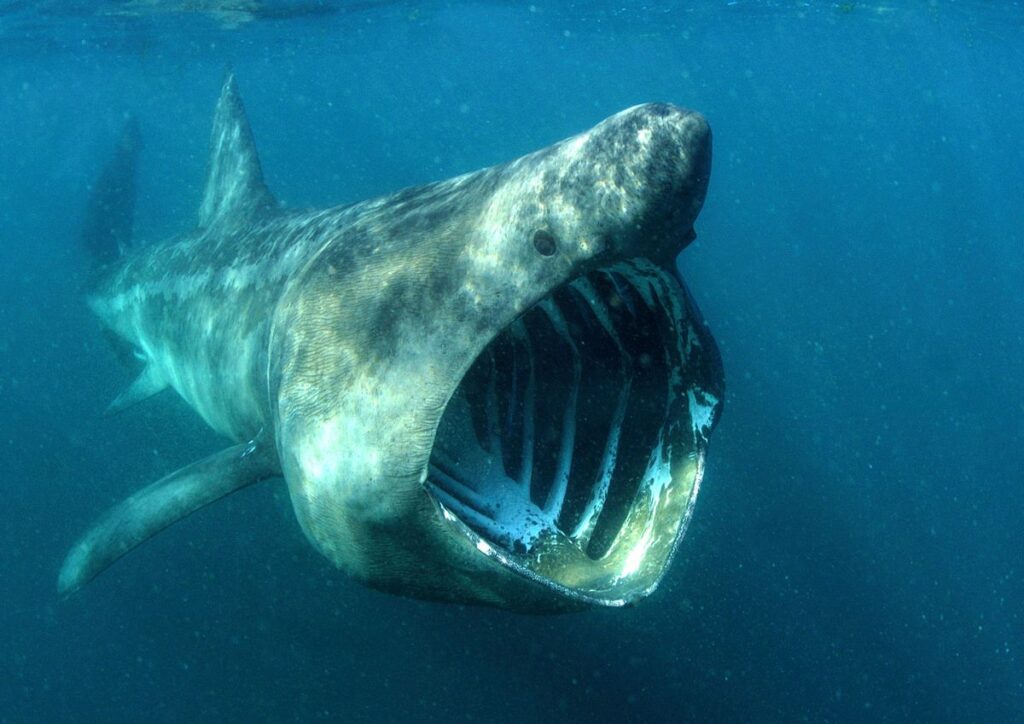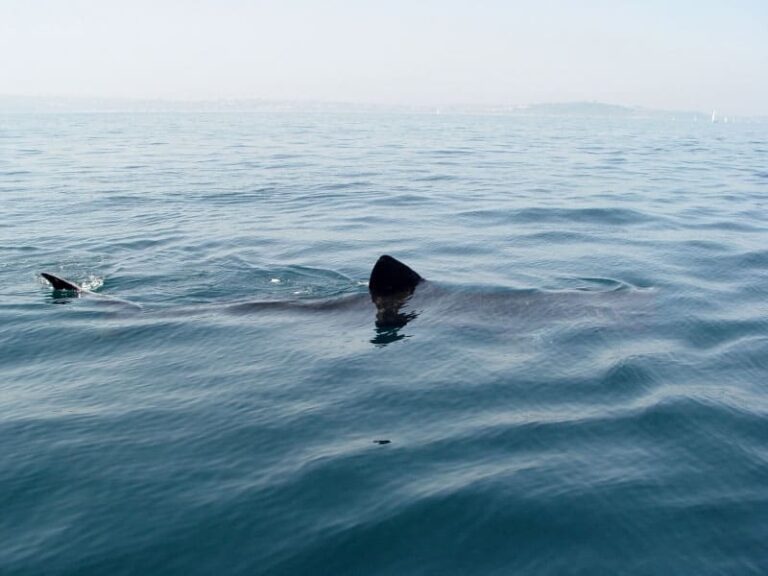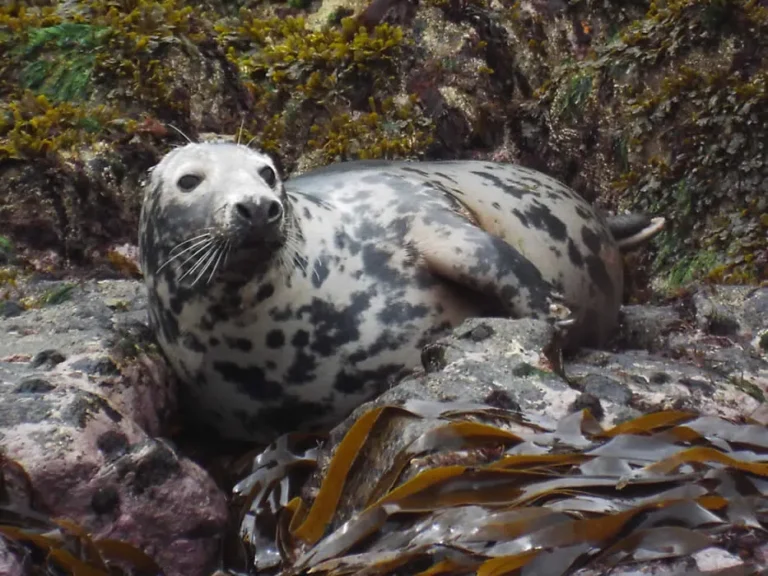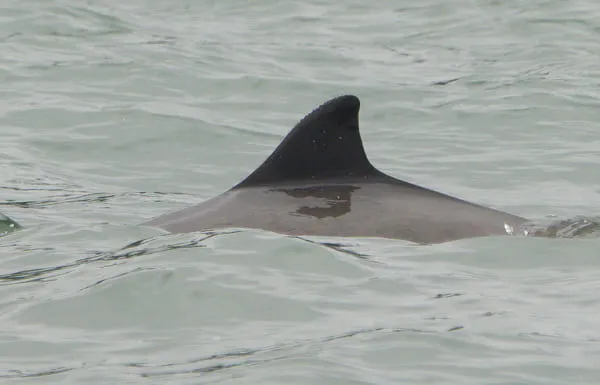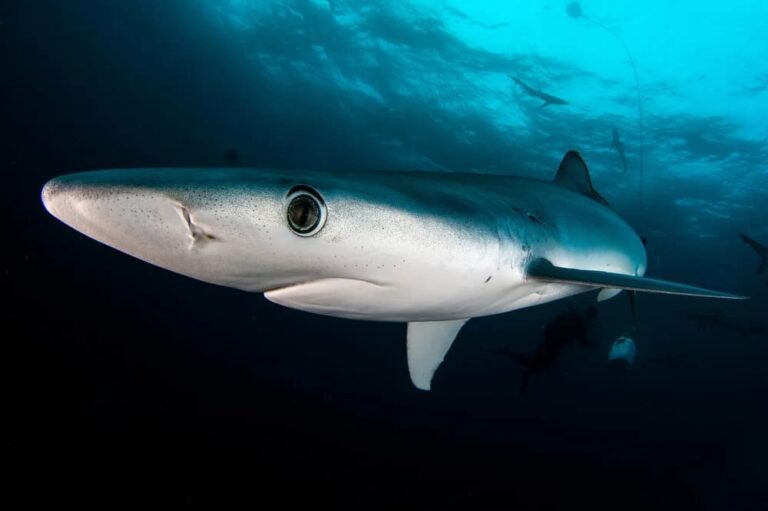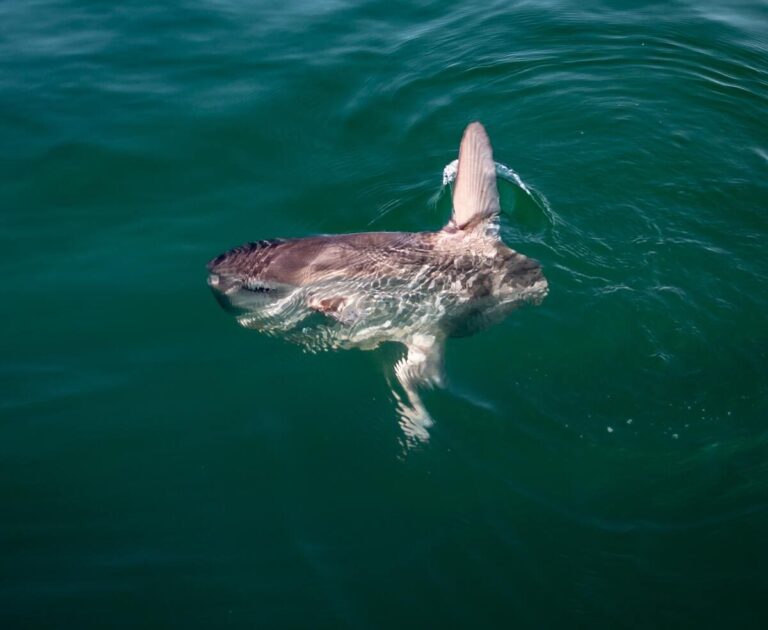Boat Trips & Tours
Quick Links
Latest Posts
Discover Salps – Cornwall’s Enigmatic “Fairy Lights” of the Sea
February 28, 2025
Cornwall’s Different Breeds of Seals – A Comprehensive Guide
February 28, 2025
Connect
{{current_weather.dt | momentjs( atts.date )}}
{{current_weather.temp | temp}} °{{units}}
{{day.dt | momentjs(atts.date)}}
{{day.temp | temp}} °{{day.temp_min | temp}} °{{units}}
{{current_weather.temp | temp}} °
Humidity: {{current_weather.humidity}}%
Clouds: {{current_weather.clouds}}%
Wind ({{current_weather.wind.deg}}): {{current_weather.wind.speed}}{{units_wind}}
Clouds: {{current_weather.clouds}}%
Wind ({{current_weather.wind.deg}}): {{current_weather.wind.speed}}{{units_wind}}
{{current_weather.desc}}
{{day.dt | momentjs(atts.date)}}
{{day.temp | temp}}°
{{day.temp_min | temp}} °
Our boat trips are great in all weather conditions!
Come rain or shine, our boat trips are suitable for most weather conditions.
